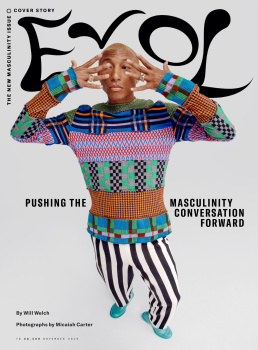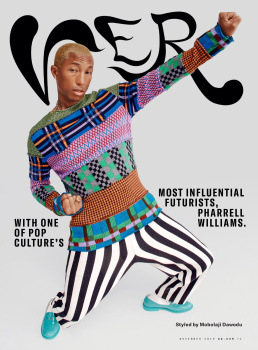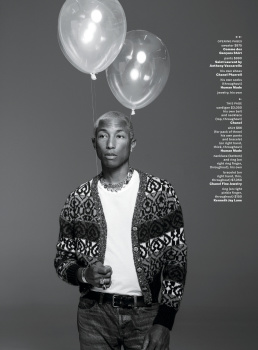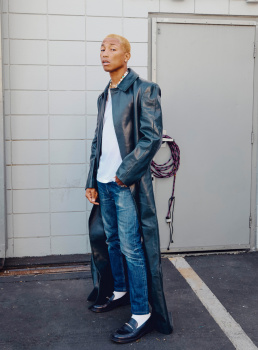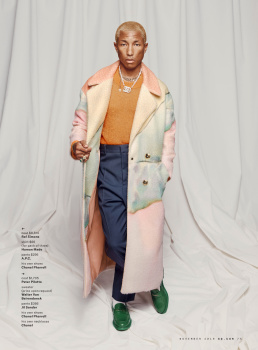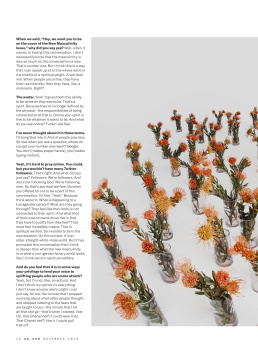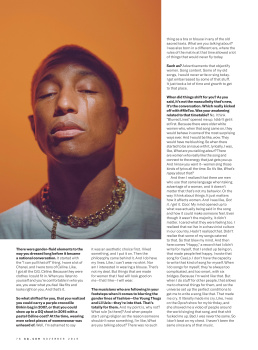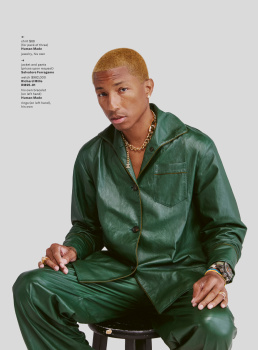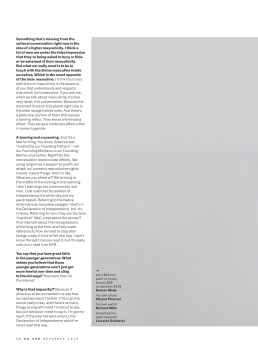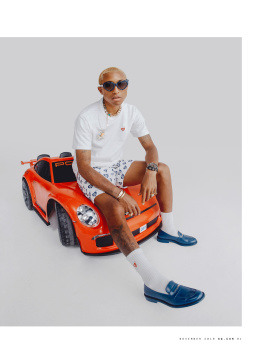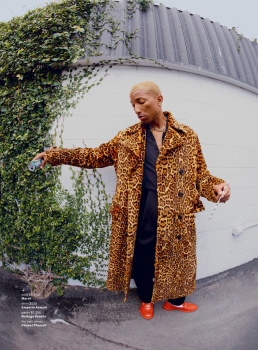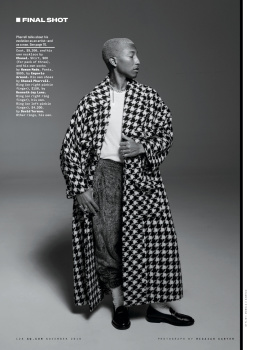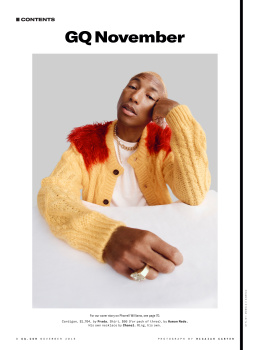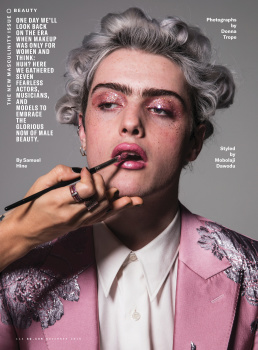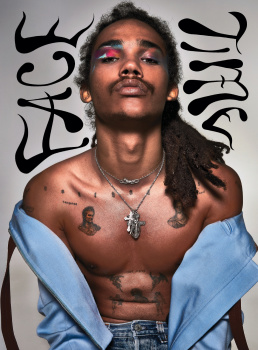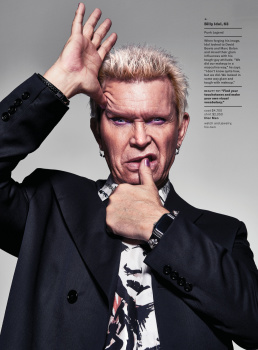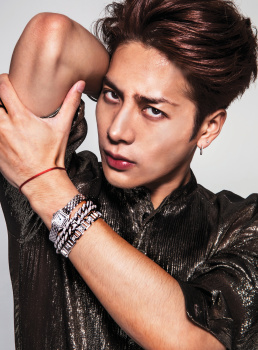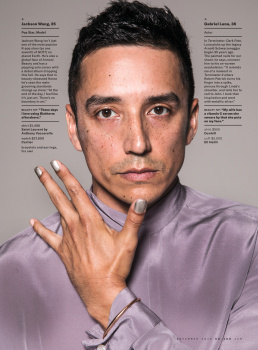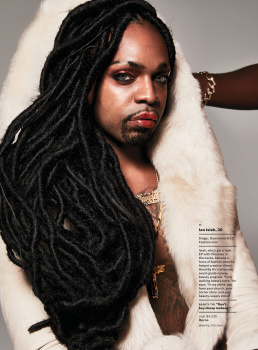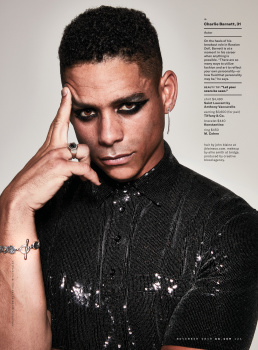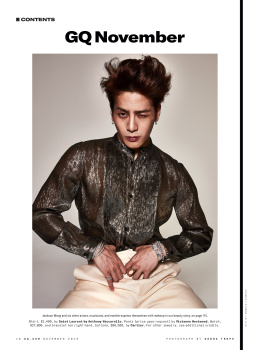MulletProof
Well-Known Member
- Joined
- Apr 18, 2004
- Messages
- 28,800
- Reaction score
- 7,595
His music is grating and his image is worse to me and I think he's.. kind of a scam?.. he seems to have a lot of seemingly valid accusations on plagiarism. And I'm definitely not interested in his 'passion for fashion' take on fashion..
That being said, something you don't see everyday, is people of any gender/orientation, retracting themselves in public and even less common, openly acknowledging that their oh-so-sacred work with proven success and that "nobody can touch" is actually based on values that do not promote a stronger society. It really takes a lifetime, and a lot of guts and swallowing your dirty pride even for your average uncle to decide to learn more not to justify existing thoughts, but to debunk them.
From this issue:
That being said, something you don't see everyday, is people of any gender/orientation, retracting themselves in public and even less common, openly acknowledging that their oh-so-sacred work with proven success and that "nobody can touch" is actually based on values that do not promote a stronger society. It really takes a lifetime, and a lot of guts and swallowing your dirty pride even for your average uncle to decide to learn more not to justify existing thoughts, but to debunk them.
From this issue:
Pharrell Williams has distanced himself from Blurred Lines, his 2013 collaboration with Robin Thicke, which provoked controversy for its depiction of sexual politics.
Countless universities banned the song from being played at student events owing to the lyric “I know you want it” – and a video in which the pair cavorted with topless models.
Williams told GQ that he didn’t understand the uproar at first, because women appeared to like the song. “So when there started to be an issue with it, lyrically, I was, like, ‘What are you talking about? There are women who really like the song and connect to the energy that just gets you up. And I know you want it – women sing those kinds of lyrics all the time. So it’s like, What’s rapey about that?’”
He said that he came to understand that the language used in the song is also used by men “when taking advantage of a woman, and it doesn’t matter that that’s not my behaviour. Or the way I think about things. It just matters how it affects women.”
Williams “realised that we live in a chauvinist culture in our country. Hadn’t realised that. Didn’t realise some of my songs catered to that. So that blew my mind.”


